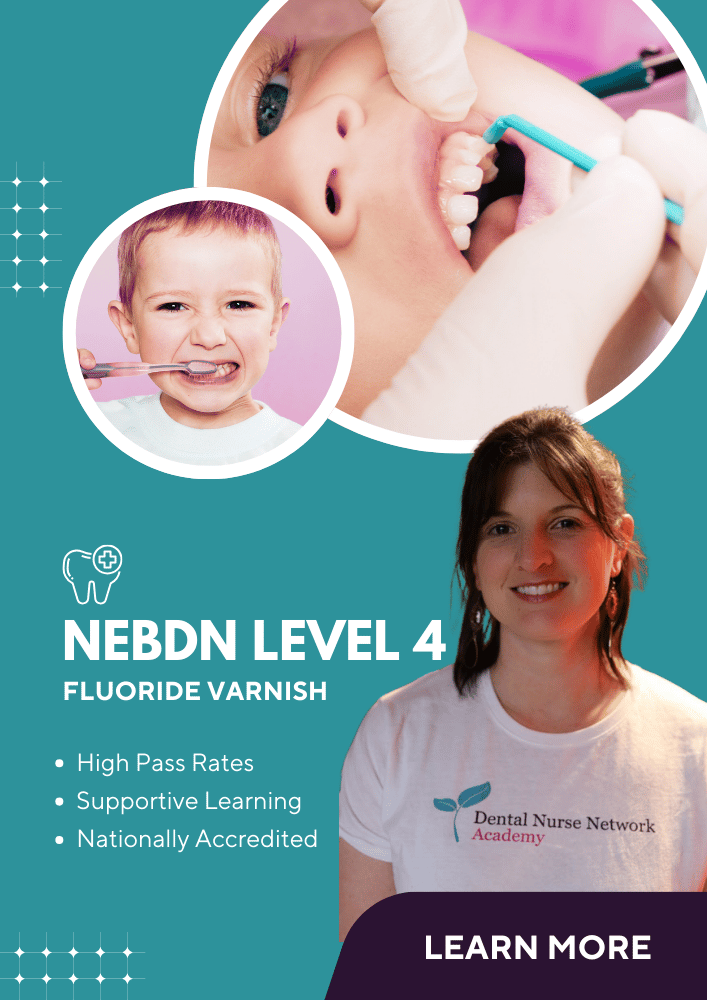 As dental professionals it is very important for us to display confidence and a reassuring attitude to our patients over the telephone. The reception team is the first point of contact, so training is essential to ensure that its members deliver effective telephone conversations with our patients.
As dental professionals it is very important for us to display confidence and a reassuring attitude to our patients over the telephone. The reception team is the first point of contact, so training is essential to ensure that its members deliver effective telephone conversations with our patients.
Key words for an effective telephone conversation
- Positivity
- Confidence
- Tonality
- Personable
The main aim when answering the telephone is to answer with confidence and always convey a willingness to help in a positive tone. This will help the patient feel comfortable during the conversation. Tonality is also important – the way you say something can be interpreted in different ways depending on your mood and the way your message comes across. The patient will form a subconcious opinion about your professionalism and knowledge within the first seven seconds of the conversation. If your patient happens to be a new patient looking for a dental practice, this impression could be the difference between the patient choosing your practice and choosing another. When answering the telephone, remember to introduce the name of the dental practice and give your name. Always use the patient’s name to make them feel significant. A few examples of opening lines when answering the telephone are outlined below:
Good morning – dental surgery. Rebecca speaking – how may I help you?
Good morning – dental surgery. Rebecca speaking – I am here to help.
When taking the patient’s name, remember that its always polite to find out how they would like to be addressed, e.g. Mrs Jones or Sophie. Once you have this information, make an effort to use the patient’s name during the call – the patient will feel important and valued.
There are no right or wrong ways to answer the telephone as long as you are personable and clear when speaking. Avoid slang words and speaking quickly. A really nice gesture that really makes patients feel significant is to listen to anything positive they may bring up during the conversation and make a note on the patient’s file so you can mention it when they attend for their appointment. For example, a patient might have mentioned an upcoming wedding, holiday, birth or graduation.
When discussing treatment, ensure that you use terms that the patient will understand. For example, when talking about fillings, use terminology such as ‘white filling’ instead of ‘composite’, as not everybody understands what a composite is. If you do happen to use the filling name, ensure that you explain it to the patient. For example: “Mrs Jones, the dentist has recommended that your tooth needs a composite filling. All this means is that the filling is a nice strong tooth-coloured filling that is going to restore your tooth so you can eat properly again”. By giving this basic information, you will ensure that the patient understands that the filling proposed on her treatment plan is going to fix her problem and that it is strong and tooth-coloured. This information is usually more than enough, although some patients will want more detail. In these cases feel free to talk about the filling in more depth.
When answering the telephone you will experience patients asking clinical questions that you may not know the answer to. This will depend on your clinical background and the question in hand. I would recommend that you only answer if you are absolutely certain. If in doubt, advise the patient that you will seek the information from the patient’s dentist or dental nurse and will give them a call back with the information within a certain time period. Providing inaccurate information may encourage the patient to lose trust in the practice and in some cases in the profession as a whole.
When patients query prices
When providing patients with a quote for dental treatment, always ensure that the treatment they are asking for is a set price as certain treatments may vary in price depending on how complex the case is, the materials used and the length of the treatment. Refer to your practice policies and price lists to ensure you understand how your practice works. It may well mean you inform the patient that there is a starting price of X amount but that for an accurate quote they would benefit from a consultation to assess their treatment needs in further detail.
Alway have confidence in your prices, even if you feel they are more expensive than other dental practices. If a patient is comparing prices, explain that you not only provide a service but also offer an experience. For example, you may have treatment co-ordinators who will explain the treatment in much more detail and offer support throughout the treatment. You may also be able to point to the practice’s use of high quality materials, or to finance packages which can help spread the cost of treatment.
Our patients like options when it comes to payment. An example of this is outlined below:
Patient: Hello, it’s Mrs Jones. How much would I be looking at for braces?
Reception: Good morning, Mrs Jones. We offer a variety of brace options, which start at £3000 for both arches. The price quoted is all-inclusive, which means it will include any recommended products to help keep your teeth nice and healthy during your treatment, retainers at the end of your treatment, and any additional visits needed to provide any desirable finishing touches. The investment for this starts from as little as £80 a month. These payments are completely interest-free, so it is a convenient way to spread the cost over a time period to suit yourself. Alternatively, if you prefer to pay up front, we offer a 10% discount.Would you like me to book you a consultation to discuss this further, Mrs Jones?
Providing this information shows clarity about your prices and makes the patient feel confident about the practice by reassuring her that the price is all-inclusive. It also gives the patient an insight into her payment options.
Conclusion
Effective telephone communication results in productive relationships and builds rapport with patients. When answering the telephone, always remain positive and always go above and beyond the call of duty to satisfy your patients. Empathize with patients when necessary and be personable. Patients can always recognise when they are being treated with care.
Author: R Gibbons



